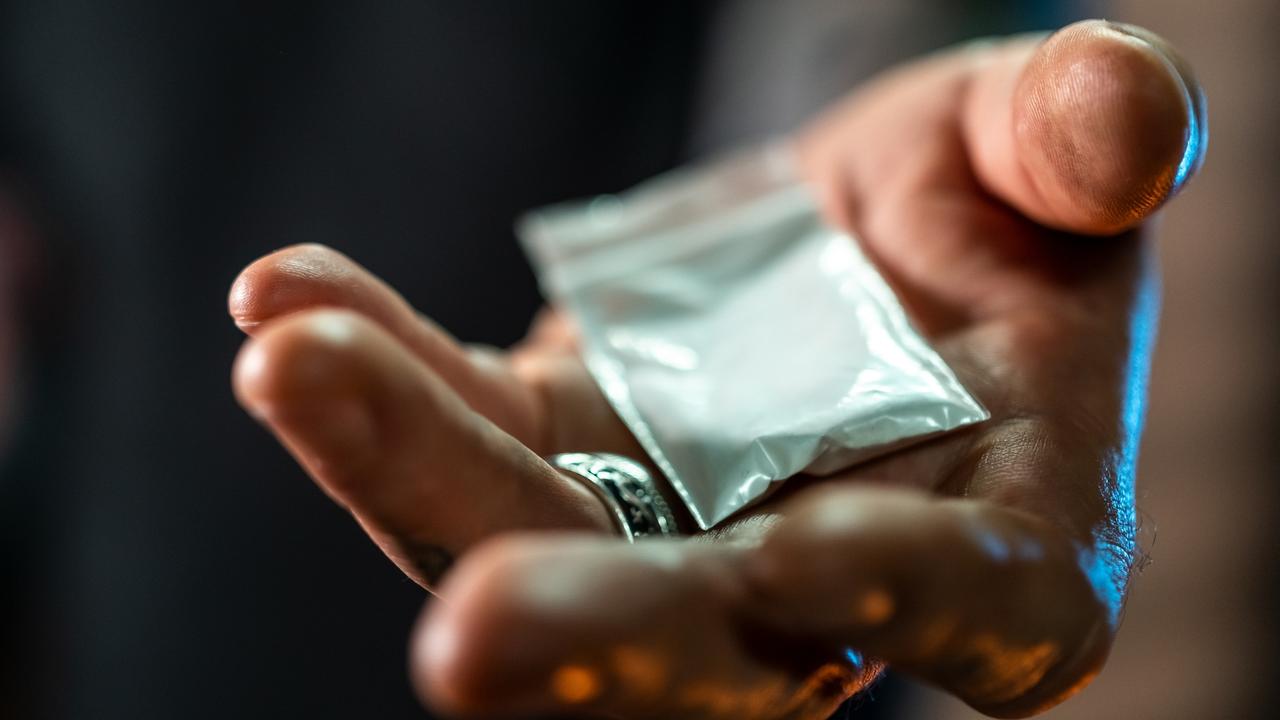‘We’re going nowhere’: RAAF toxic runoff fight continues around Williamtown base
Residents living around the Williamtown RAAF base have been told not to drink the water or eat food from their land for years, but the fight to have the devastating problem fixed rages on.
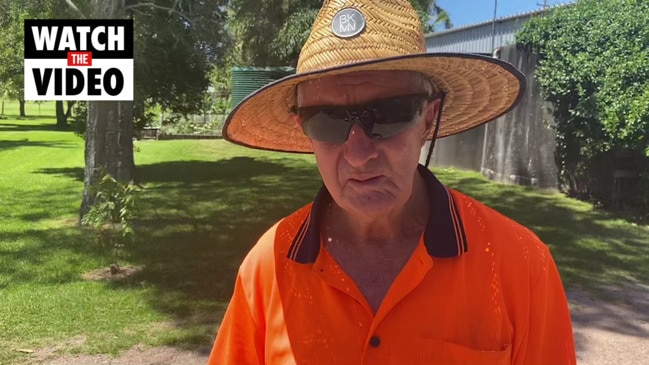
Newcastle
Don't miss out on the headlines from Newcastle. Followed categories will be added to My News.
Lindsay Clout looks across at his Fullerton Cove property and shakes his head, just like he has nearly every other day over the past six years.
He, like many others in the area, live with the uncertainty that comes with having pollution on their property caused by Defence toxic firefighting foam at the Williamtown RAAF base.
“It’s a disgrace. It’s been poorly dealt with. We’re going nowhere. We’re in our sixth year and people are still locked down,” Mr Clout said.
“We can’t grow our own vegetables in the ground, we can’t consume our own beef or poultry. We can’t even drink our own water. There’s no end in sight.”
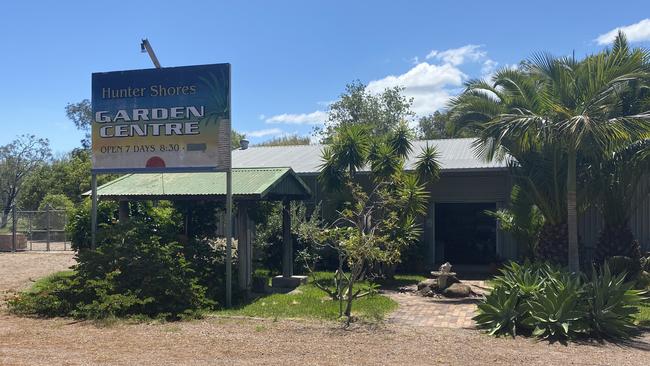
PFAS (per- and polyfluoroalkyl) are complex manufactured chemicals that have been used extensively in industries such as aerospace, automotive, construction, electronics, and military.
At the RAAF base in Williamtown, it was used in the foam used by fire fighters in training exercises which then ran off into the surrounding land and entered the waterways.
While health officials in Australia have maintained the level of PFAS exposure doesn’t pose a risk of serious illness, studies across the globe have suggested a link to serious human health impacts.
Advice on the Environment Protection Authority’s website says groundwater, bore water and suface water in the primary management zone “should NOT be used for ANY PURPOSE. Additionally DO NOT do anything with groundwater, bore water or surface water (including creeks and drains) that might lead to incidental ingestion (swallowing)”.
It also warns against the consumption of food grown in the areas of concern.
“Home grown foods produced in this zone should NOT be consumed. This includes home-slaughtered meat, poultry, eggs, milk, fruit and vegetables should NOT be consumed,” it reads.
In the US state of Minnesota, manufacturing giant 3M, who created the chemical, settled a lawsuit in 2017 brought against it by the state’s attorney general Lori Swanson, who claimed the some areas around the company’s Cottage Grove headquarters had elevated levels of some cancers, including childhood cancers. 3M settled for US$850 million without admitting to any wrongdoing.
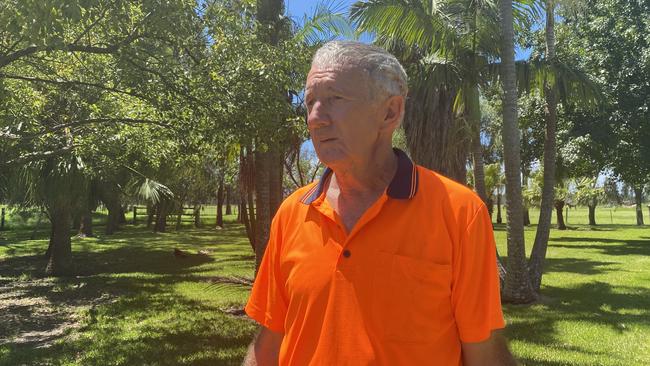
According to Bloomberg, hundreds of scientists have put their name to a report that expresses concern over the chemical. Other studies claim to have found a link between PFAS and declined vaccine response.
Back in 2015, Mr Clout and his wife Pam were told these toxic chemicals from the base had been leaking into the area’s water supply. They had been used in training exercises on the base for decades.
Running his gardening and landscape supply business from home hasn’t been easy. Despite wholesalers delivering stock to his property and not grown onsite, the stigma involved in living within the red zone meant a halt to the sale of fruit trees and vegetable seedlings.
And there’s an anomaly which frustrates the 62-year-old.
“This is how stupid and complicated it is. If I wanted to commercially grow cucumbers, potatoes or pumpkins, I can grow them and I can sell them on the open market but I can’t consume them. Their logic is, oh well, if you’re spreading PFAS in your produce, the amounts that people are consuming are low and won’t be a concern,” Mr Clout said.
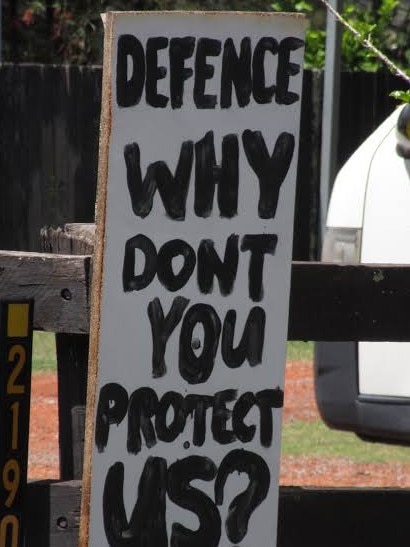

In the last half a dozen years, the strain of everyday life has taken a toll on Mr Clout, and that of many others affected, with properties deemed worthless and local businesses suffering financially, something had to give.
In 2016 a class action was mounted with over 500 residents signing up and in February 2020, Defence agreed to settle the lawsuit. Williamtown residents received $86 million in compensation but with lawyers and funders taking cuts, most residents received less than $100,000, while others didn’t see a cent. Mr Clout received his figure, but it was nowhere near enough to rectify the years of damage.
“Some people bit the bullet, took the punt, joined up,” Mr Clout said.
“Others were a little more concerned and were not prepared to sign up. There were rumours that if you signed the class action, when your class action was paid out you’d lose your property. That was just completely false and that spooked a lot of people and there was a lot of people who didn’t join up.”
Now Mr Clout is currently looking to put together a second class action, one where people should be compensated on an annual basis, until the problem is solved.
“What the (initial) class action provided ended at the date it was settled and we are still in the same position now. I see every justification for another class action,” Mr Clout said.
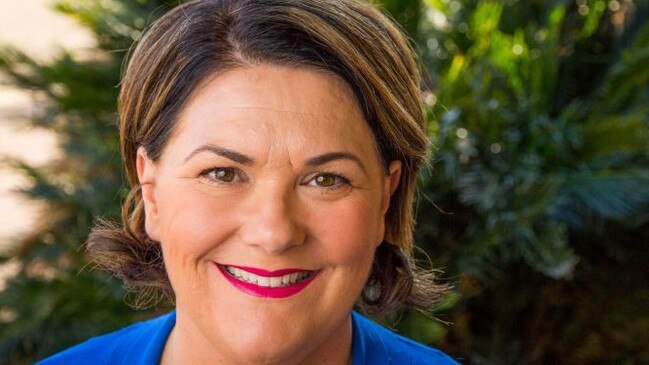
Federal Labor member for Patterson Meryl Swanson has continually backed the concerns of the residents, and can’t believe it came to a class action in the first place.
“They actually fought people in court who claimed property losses and were eventually forced to settle,” Mr Swanson said.
“What kind of Government fights its own people over pollution it has caused? One that simply does not care.”
Asked why the remediation process had become so drawn out, Deputy Prime Minister Barnaby Joyce told The Newcastle News the job needed to be done in the most effective manner and said there was a significant cost element which had to also be taken into consideration.
“We continue to do the research, we continue to work out how we can remediate the problems. If we’re going to do total removal, it will be at unbelievable cost. Multiple, multiple cost. We need to remediate it but we need to do it in the most effective way possible,” Mr Joyce said.
“I apologise if it’s going slower than people want, I apologise for that but we’ve just got to get this done right.”
As the fallout from the settlement continues, nothing shies away from the fact residents are still left in limbo, sitting on polluted properties with no sign of any type of clean up on the horizon.

To make matters worse, many properties in the red zone have lost between 20 and 30 per cent of their value in the last six years, while in 2019 a Special Aviation Precinct near Williamtown Airport, which the NSW state Liberal government claimed would buy up land and fix the PFAS situation was scaled back with only 10 per cent of red zone properties falling into the SAP boundaries.
Only three doors up from the Clouts sits a property that is up for sale. In the first week on the market there were 40 enquiries and nearly all of them asked the question, or similar, ‘is that property in the contamination zone?’ When told it was, the conversations turned cold.
“I’m not critical of that, that’s a fair assessment from people,” Mr Clout said.
“You’re certainly not going to move your young family into an area that’s deemed a contamination zone.”
Port Stephens state MP Kate Washington believes the nightmare needs to end for all affected residents.
“They’ve been to hell and back. The sense I get from community is that they’re over it and overwhelmed by it. It’s hard to believe something like this is happening in Australia,” Ms Washington said.
At a NSW budgets estimates hearing last year, EPA executive director of regulatory operations Steve Beaman said it wasn’t possible to put a ‘completion date’ on the clean-up project.
“It will be difficult to put an absolute time on it. This is going to be a long term issue,” he said.
Mr Beaman also pointed out there had been four water treatment plants built to control the level of contamination for the Defence’s monitoring program which had already shown there had been a decrease in PFAS contamination between 2016 and 2020.
Ms Washington says starting the clean-up at the source is understandable, but the government needs to look into alternate methods for surrounding areas.
“Defence have spent millions of dollars over the last five years cleaning up its own site, but nothing has been spent off the base cleaning up everyone’s properties,” she said. “It’s a problem for the residents because it’s a problem caused by the polluter.”
Currently Defence holds semi-regular drop-in sessions with residents to listen to their concerns but Lindsay Clout has had just about enough.
“The last drop-in session I asked the presenter a simple question. What’s changed today that will help us move on? And the answer was silence. And that’s where we’re at,” Mr Clout said.

